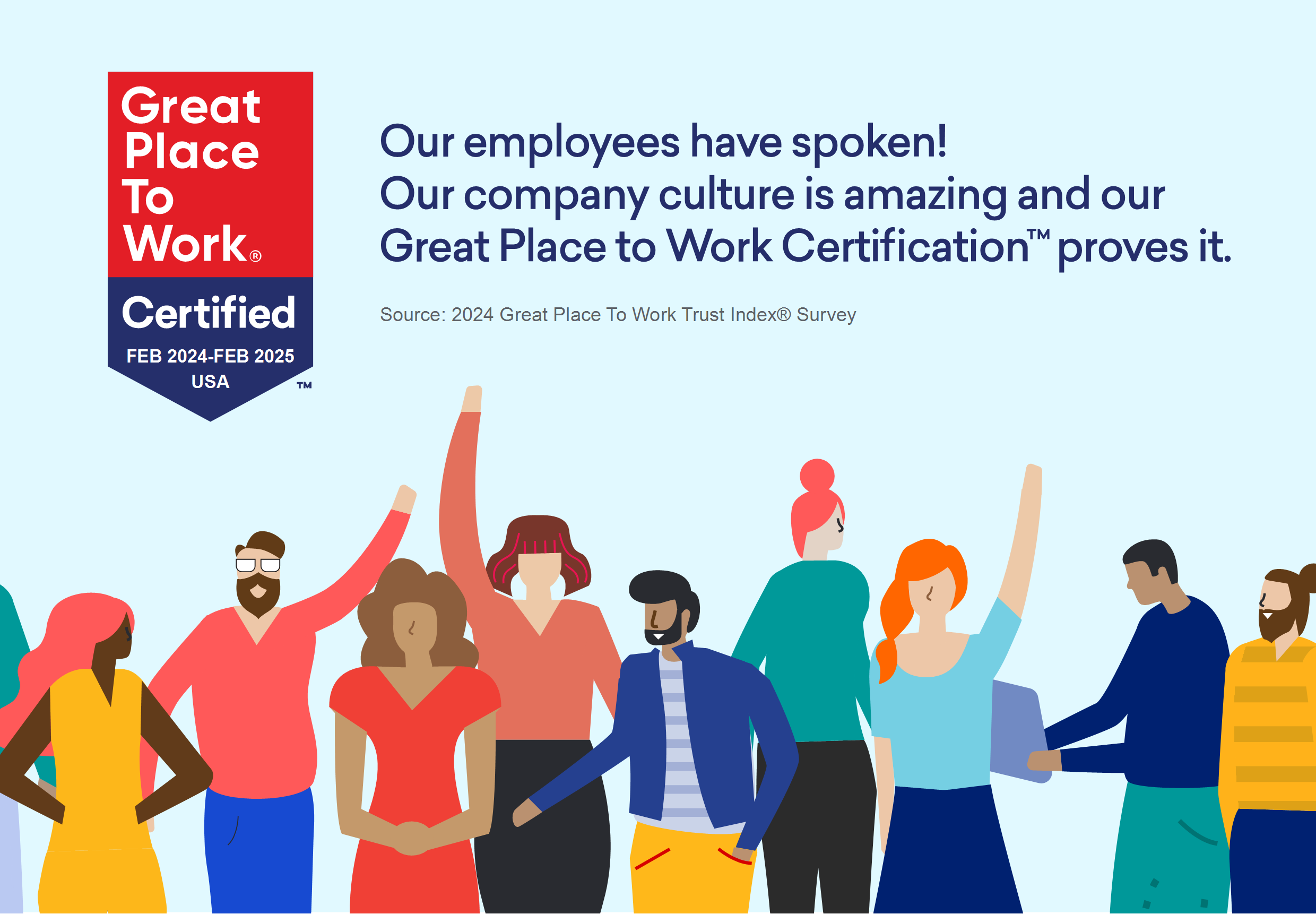
Advanced Practice Providers are burning out at alarming rates, with nearly half experiencing work exhaustion. The culprit isn’t just the demanding nature of patient care. It’s a compensation structure that creates unlimited work expectations with no upside. The solution: pay them hourly instead of an annual salary.
It sounds counterintuitive. But after 12 years in salaried PA positions followed by my current role managing clinical operations across multiple markets at AP Health, I’ve seen both sides. And I can tell you: the hourly model is the answer to preventing burnout.
Salaried Positions are a Trap for APPs
When most APPs consider a position, they focus on the annual salary. It feels secure. It feels professional. But here’s what they don’t calculate: their actual hourly rate based on how much they’re really working.
In my years in private practice, a typical week looked like this: rounding in the morning, going directly into surgery, maybe clinic time, taking consults in the afternoon or late evening after surgery, fielding calls from the floor because patients are in pain, then getting calls in the middle of the night for post-op patients. All for that same annual salary.
When you take that salary and divide it by your actual hours—including the EMR work at night, the on-call responsibilities, the “extra” duties that just keep piling on—I can tell you it looks pretty poor. After a year of hard work, a $5,000 raise or bonus might sound good. But if you annualize it, it’s about two dollars an hour. Not much of a bump when your responsibilities keep increasing.
AP Health’s Solution: Hourly Pay
When I first joined AP Health, I was skeptical about the hourly model. But seeing it firsthand, doing payroll, and watching the annual amounts people earn, I realized this structure creates guardrails that protect both the provider and the company.
Here’s what I mean by checks and balances:
For providers: You’re not going to get hosed with unlimited expectations. After 40 hours, it’s overtime—time and a half. That creates a natural limiter on overwork. When I recruit, I’m very transparent: “Listen, we have a business interest not to give you 20 hours of overtime.”
For the company: We align staffing costs directly with surgical volume. We’re happy to provide extra compensation when people want it or we need it, but the overtime structure keeps everyone accountable.
Hourly pay creates a true meritocracy. If you want to utilize the structure for increased compensation—especially if you came from private practice where you took call—the opportunity exists.
On the flip side, I’ve had practitioners say, “I’ve had some family things come up. I really need to dial it back. I need hard stops on certain days.” That’s palatable for both the business and the provider because we’re getting exactly what we pay for, and they’re getting paid for exactly how much they work.
The hourly model is transparent and provides accountability on both sides. Providers know that if they’re working extra hours, it’s documented and compensated. And they know I’m watching to make sure nobody gets overworked, because it’s not in the company’s interest to hand out excessive overtime.
AP Health Model Enables Flexibility
Hospitals and health systems outsource surgical staffing to AP Health because we flex staff to match fluctuating surgical volume. They simply don’t have that flexibility with in-house staff.
Hospitals are driven to “right size” staff for the amount of work to be done. When surgical volume declines, they have people on staff that they’re paying for non-productive work. When surgical volume increases or when two people call out on the same day (which happens more often than you’d think), they have a quality control issue. Surgeons are operating without the resources they expect, cases get delayed or canceled, and the system strains.
AP Health is able to provide staffing flexibility because we have a deep bench of credentialed practitioners across multiple facilities. For the hospital, our surgical staffing model enables them to align costs with revenue-producing procedures. For providers, it allows for more flexibility in work schedules to accommodate personal or family needs and income goals.
Compare that to private practice, where I was the only show in town for my surgeon. If I woke up with food poisoning, he either had to cancel his cases or limp through the day. This creates what I call “sick guilt”—you feel terrible anytime you’re out because you’re letting the whole system down.
I came to an impasse in my own career when I had kids and realized I was running my life parallel to my surgeon’s schedule. My kids’ schedule no longer aligned with that, and I had to make a choice. At AP Health, practitioners have control over their professional lives while still advancing their careers.
Hourly Pay Provides Professional Independence
The traditional salary model fuels burnout and turnover. While our providers work hard, they know they’re going to get reciprocation, which improves job satisfaction and retention. Our clinical leaders, having been in these surgical positions themselves, understand these issues first hand.
The hourly pay structure, combined with the deep bench we maintain by serving multiple facilities, provides the solution. It creates professional guardrails that prevent overwork, provides flexibility that enables work-life balance, and aligns the interests of the provider and the company.
Most importantly, it empowers practitioners instead of trapping them. As I tell every recruit: we give you professional independence. You can make as much or as little as you desire, structure your time around what matters to you, and know you’ll be fairly compensated for every hour you work.
That’s not just good for retention. It’s good for the practitioners, good for the hospitals we serve, and ultimately good for patient care.

Patrick Willett, PA-C, DMSc, is Vice President of Clinical Services at AP Health, managing surgical staffing operations across Florida, Nashville, and Dallas markets. He has over 15 years of experience as a practicing PA in orthopedic and general surgery.












Recent Comments